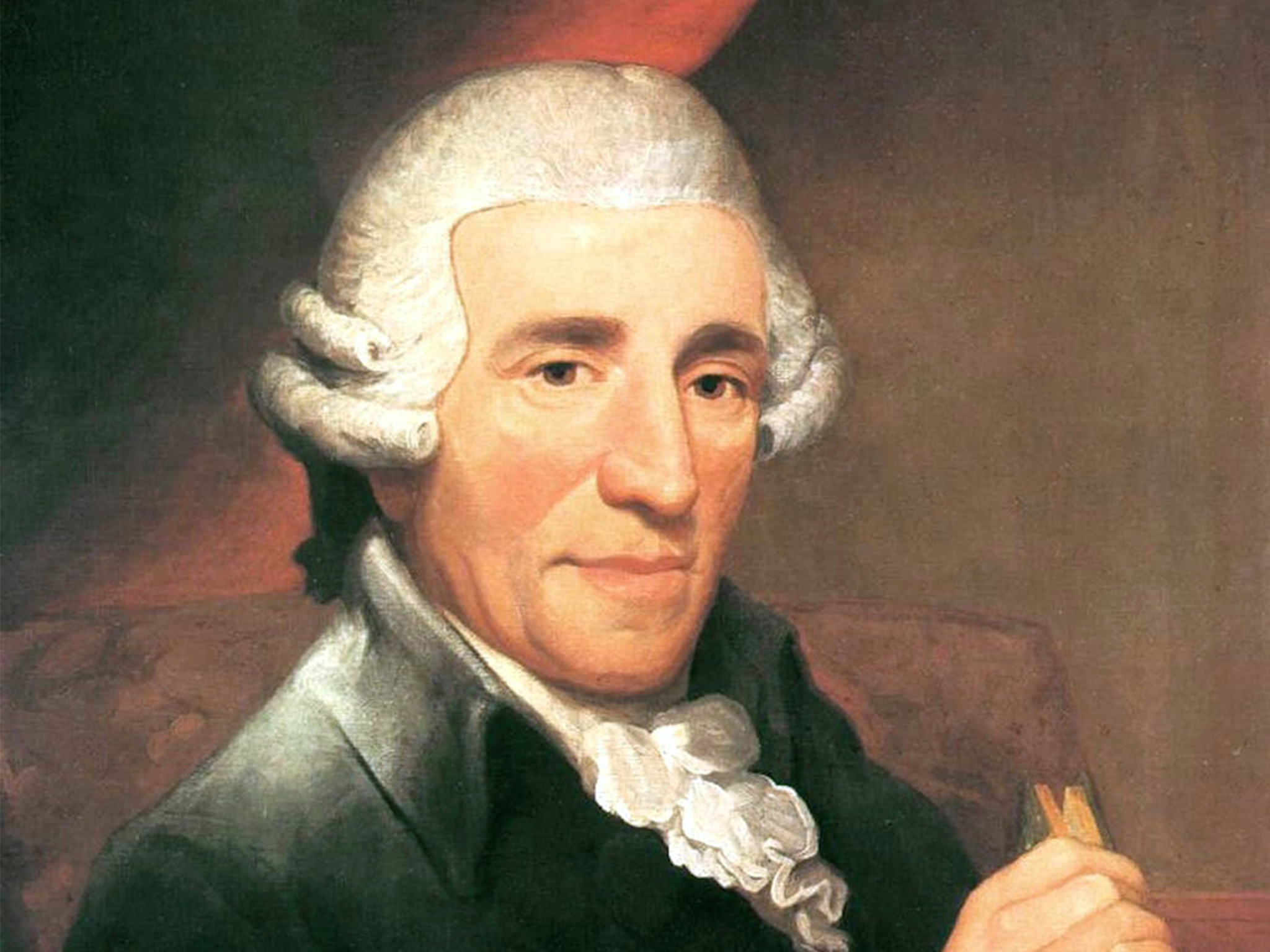Franz Joseph Haydn, often referred to as the "Father of the Symphony" and the "Father of the String Quartet," was a prolific and influential Austrian composer of the Classical era. His life (1732-1809) spanned a crucial period in the history of Western classical music, and his contributions left an indelible mark on the development of the symphony, chamber music, and the overall structure of classical compositions. Here are 10 interesting facts about this musical luminary:
1. Early Musical Education:
Haydn was born in Rohrau, Austria, into a humble family. His musical talents were evident from a young age, and he received early education in music as a choirboy at St. Stephen's Cathedral in Vienna.
Born in Rohrau, Austria, on March 31, 1732, Joseph Haydn demonstrated his musical talents at an early age. Recognizing his potential, his parents sent him to study music at the age of eight, where he learned to play various instruments and received training in composition. Despite financial struggles, Haydn's determination and passion for music propelled him forward, leading him to Vienna, the epicenter of European music at the time.
